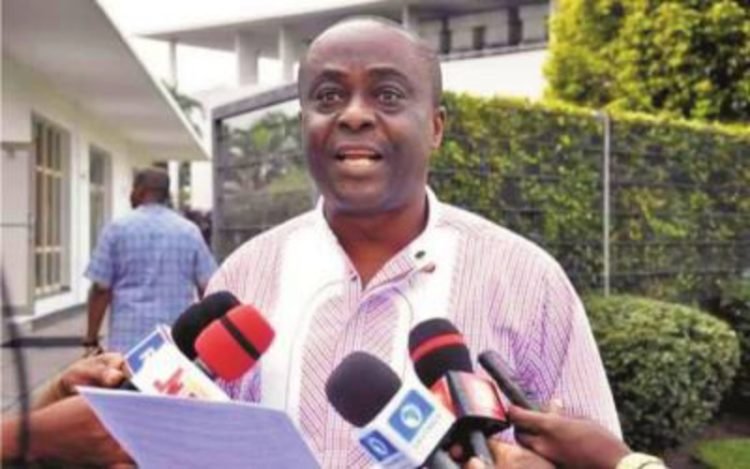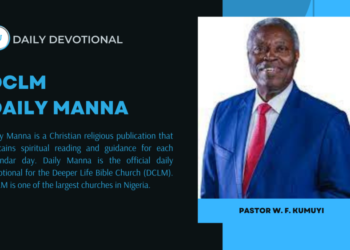Chairman of Emohua Local Government Area, Sir Chidi Lloyd, has vowed to initiate legal action to recover funds allegedly siphoned from the council treasury through fraudulent payroll practices.
Lloyd said the council would prosecute individuals whose names were illegally inserted into the payroll without due process of civil service employment. He added that the investigation would also expose those who facilitated the inclusion of fictitious names as well as the owners of Bank Verification Numbers (BVNs) linked to accounts used to defraud the council.
“It is criminal for people to draw salaries from the council without ever working for it. We have ghost workers, forged records, and even cases of children listed as staff. This cannot be justified,” Lloyd declared.
The controversy began after protests over alleged staff sackings, but reports show that none of the affected individuals could confirm scaling through the local government biometric verification exercise. Findings suggest that many of the protesters were never legitimately employed but had their names inserted into the voucher through fraudulent means.
Investigations further revealed that some beneficiaries were employed in universities, polytechnics, and hospitals while still receiving salaries from Emohua council. Others were said to be resident overseas or outside Rivers State but continued to draw salaries.
More disturbing cases include minors fraudulently listed as staff, backdated and forged employment letters, and multiple salaries linked to one BVN. There were also instances where names without any human identity were receiving salaries through mismatched account details.
Lloyd, who served as chairman from 2021 to 2024 and never added a single name to the payroll, questioned how over 500 names were included between March 2024 and August 2025. He described the situation as a deliberate attempt to cripple the finances of the local government.
The development has renewed calls for transparency and accountability in payroll management at the local government level, as stakeholders await the outcome of the promised legal action.
















